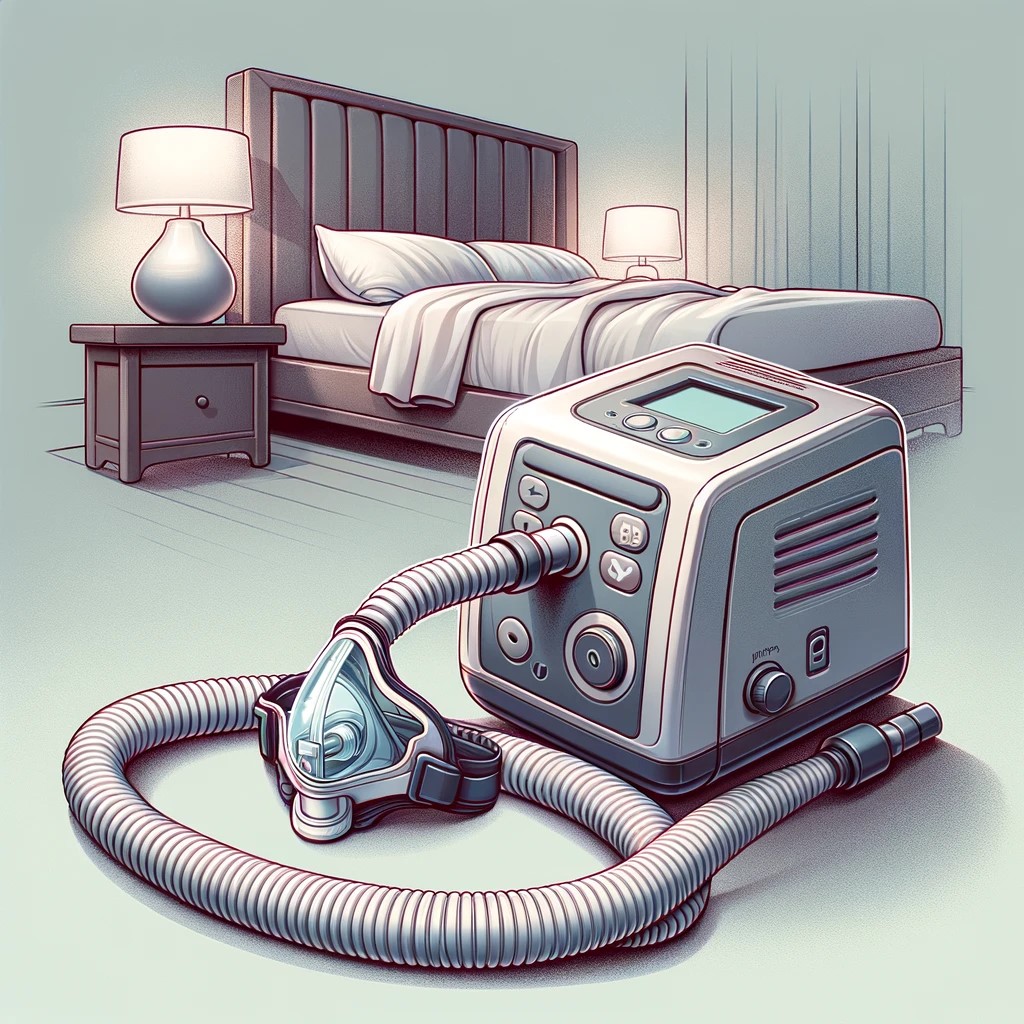Recent court testimony has unveiled that Philips Respironics was reportedly aware of the severe dangers posed by their faulty CPAP machines but opted to continue selling them. This revelation emerged during a federal court hearing in Pittsburgh regarding the accountability of Philips’ parent company for the harm caused to patients who relied on the machines.
Despite claims by Royal Philips, the Dutch parent company, that it should be shielded from liability, plaintiffs’ attorneys argue that high-ranking executives knowingly chose to market the defective Philips CPAP and BiPAP machines, which emitted foam particles and toxic fumes into users’ airways.
Lab testing conducted in 2021 revealed that the polyester-based polyurethane foam used in Philips Respironics breathing machines was disintegrating, posing serious health risks to consumers. Roy Jakobs, then the chief business officer overseeing the CPAP and BiPAP machines, reportedly knew about these lab findings but instructed employees to continue selling the affected devices held by distributors.
In response to inquiries about why sales of the machines were authorized despite the known risks, Philips stated that it was still evaluating the issue’s severity at the time. Eventually, in June 2021, Philips initiated a voluntary recall of millions of CPAP machines, which the FDA classified as a Class I recall, indicating the potential for severe injury or death.
An investigation conducted by the Post-Gazette and ProPublica uncovered that Philips allegedly concealed patient complaints from the FDA for over a decade. Users reported finding “contamination,” “black particles,” or “dirt and dust” inside the machines, but Philips purportedly downplayed these issues and delayed investigations until 2019.
The investigation further alleges that Philips withheld thousands of complaints from the FDA over 11 years. Side effects associated with the recalled CPAP devices include cancer, respiratory problems, chemical exposure risks, and other toxic effects. Between April 2021 and December 2022, the FDA received over 98,000 reports of side effects, with at least 346 reported deaths.
















